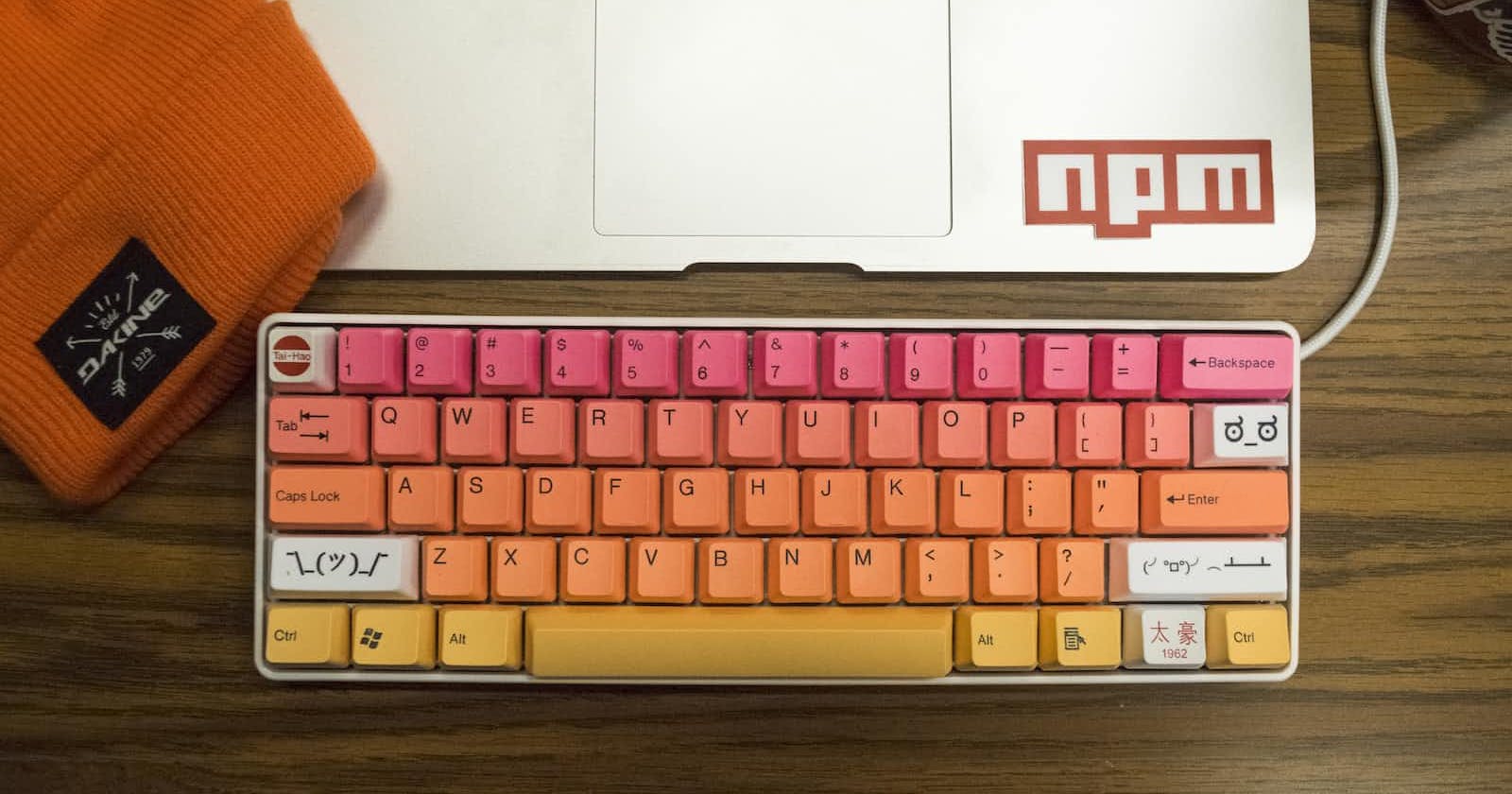
Photo by Paul Esch-Laurent on Unsplash
Demystifying package.json and package-lock.json in Node.js: Your Ultimate Guide
Managing packages in Node.js and npm can sometimes feel like navigating a labyrinth. It's easy to get lost in the confusion surrounding package.json and package-lock.json files. Fear not! In this blog, we'll unravel the mysteries, and make it easy to understand.
PermalinkWhat on Earth are package.json and package-lock.json?
package.json:Think of this file as the heartbeat of your Node.js project. It contains all the essential information, like the project's name, version, dependencies, scripts, and more.package-lock.json:Ah, the trusty sidekick! Whenever you install or update packages using npm, this file pops up like a trusty companion. It keeps track of the specific versions of each dependency you install, ensuring consistency.
PermalinkEnter the World of Semantic Versioning
In the vast realm of software development, semantic versioning is the secret language that packages use to communicate with each other.
A version has three digits:
MAJOR.MINOR.PATCH.MAJOR version: This signals significant changes and potential compatibility issues.
MINOR version: Here, new features make their grand entrance, but without breaking the existing functionality.
PATCH version: The knight in shining armor, resolving bugs and patching up vulnerabilities.
Decoding Dependency Versions in package.json:
Exact version: When you know precisely what you want, use the specific version number (e.g., "4.17.3"). It's like ordering your favorite dish at a restaurant—you know it's going to be just right.
Caret (^) symbol: Imagine this as the symbol of flexibility. It allows minor and patch updates but keeps the major version locked (e.g., "^4.17.3" means you'll get "4.17.4," but never "5.0.0").
Tilde (~) symbol: The tilde is like a cautious friend who allows only patch updates, keeping both minor and major versions intact (e.g., "~4.17.3" will update to "4.17.4" but never to "4.18.0").
PermalinkUnveiling the Power of package-lock.json
This file ensures that the installed packages remain consistent across different environments:
When you install packages using npm, it fetches the latest compatible versions of the specified dependencies. The package-lock.json file records the exact versions of each dependency installed at that time. This ensures that all developers working on the project or deploying it in different environments have the same set of dependencies.
Without the package-lock.json, each developer might end up with slightly different versions of the installed packages, leading to inconsistencies and potential bugs.
It records the exact versions of dependencies installed based on the
package.jsonat the time of installation.
PermalinkTips
Keep
node_modulesandpackage-lock.jsonoff the stage—no need to commit them to your version control system (likegit). They can be easily regenerated locally.Always commit and push
package.jsonandpackage-lock.jsontogether. This ensures that all developers dance to the same tune, with identical dependencies installed.
PermalinkAuthor's Note
While this blog provides illustrative examples and explanations, it's always wise to refer to official documentation and resources for the most up-to-date information on package management in Node.js and npm.
Happy coding!
